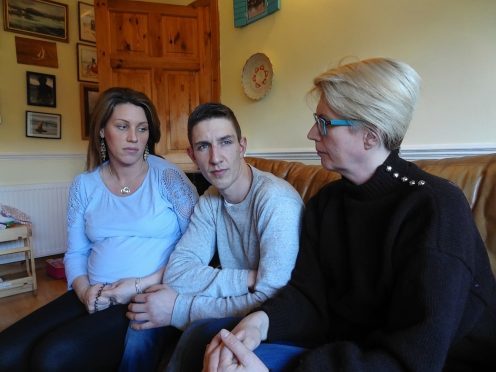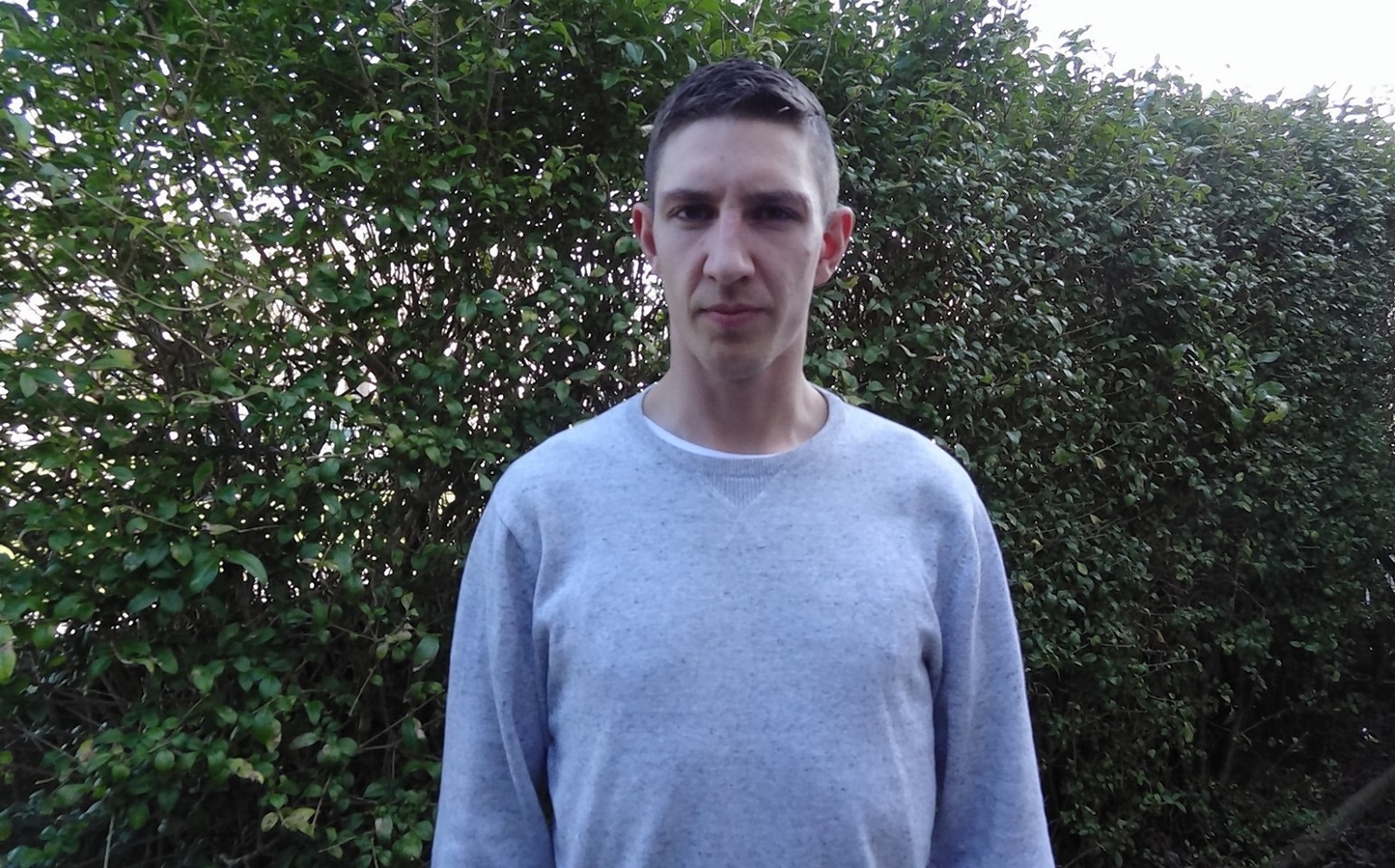A fisherman who swam through icy waters and clung onto rocks after his boat sank off the Outer Hebrides has spoken of his dramatic battle for survival and the “heartbreaking” moment he realised his friends were lost.
Lachlann Armstrong admitted last night he did not know if he would make it to shore after he abandoned the MFV Louisa’s life raft when it failed to inflate.
The 27-year-old father said he decided to try to reach the shore to free up space on the semi-submerged raft and help save his colleagues.
But the Stornoway man spoke of the “devastating and upsetting” moment he learned he was the only one of the four-strong crew to be picked up safely.
Investigations were continuing yesterday after the crab boat sank off the east coast of Mingulay in the early hours of Saturday.
Two men died and another remains missing after the incident, which happened when the four fishermen were asleep in their bunks at anchor, about 12 miles south of Barra.
One man from Lewis – named locally as the skipper Paul Alliston, who was in his 40s and also known as Paul MacMillan – is understood to still be missing.
Local sources said that Martin Johnstone from Caithness and Christopher Morrison from Harris, both in their 20s, were found dead.
Police have yet to confirm the identities of those who died.
Mr Armstrong abandoned the life raft and clung on to the rocks until he was picked up by Barra lifeboat.
He was airlifted to the Western Isles Hospital in Stornoway, before being discharged.
Yesterday, he opened his heart about the tragedy that has rocked the Western Isles.
“It’s hard to explain exactly how I feel – the relief at being alive but at the same time the regrets and the sympathies I have for the families involved in the incident,” he said.
“It is heartbreaking. It will never leave me, it’s just so tragic. I can’t put into words how devastating and upsetting it is. I really, really feel for the families.”
He said that the crew stuffed buoys and air-filled fenders inside the raft just to try to keep it afloat, but with two men holding on, the water came up to their waist.
The un-inflated, semi-submerged makeshift raft would not take their combined weight and, with the waves soon lapping at the necks, it was only their life jackets keeping them alive.
“The water was so cold and we were all immersed in the water,” said Mr Armstrong.
“The raft never inflated – that’s the reason why we weren’t out of the water.
“Being that cold you know the only way you can survive is to get out of the water.
“I made the choice to try to go for land. I didn’t know if I’d make it.
“I thought perhaps leaving the other two boys with the raft they’d have more of a chance to get on to the raft themselves.”
Mr Armstrong said he was still coming to terms with what had happened.
“It just wasn’t steady. It was unstable. You couldn’t stay out of the water – you were just falling straight back in again. You were so cold you couldn’t even hold onto it,” he said.
“I have no idea how I found the strength to keep going.
“A lot went through my mind and when I did finally reach the rocks I was convinced, I was convinced, the rest of them would be OK. To hear that they were all gone – it still hasn’t sunk in.”
The coastguard received a distress alert just before 3.45am on Saturday, and the crabber’s emergency positioning beacon was activated near Mingulay.
Police and the Marine Accident Investigation Branch are carrying out a joint investigation into the incident and a report will be submitted to the procurator fiscal.

